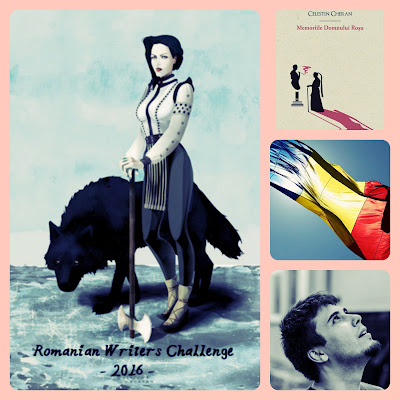“That's all I really wanted," he said. "Just somebody to notice me.”
January is about to end and I can proudly say I have read three books by Japanese writers, having loved them to bits. The first (and probably the best of the three) was Kanae Minato's "Confessions", or should I say... "a teacher's revenge..."?
"Confessions" was published in 2008 to immediate acclaim, and a year later it was adapted into a movie, which also won a bunch of awards, and was selected as Japan's entry for best foreign language film for the 2010 Oscars. The book is quite an unsettling one, bordering the evil and it certainly proves that experience counts a lot when it comes to writing about things you know first-hand, in this case, the relationship between teachers and students and the one that develops among the students in a class. Before she became a bestselling novelist, Kanae Minato was a Japanese home economics teacher and housewife, and this fact clearly helps the novel.
“But doing something good or remarkable isn't easy. It's much easier to condemn people who do the wrong thing than it is to do the right thing yourself.”
The protagonist is Yuko Moriguchi, a single mother and a middle-school science teacher whose four year old daughter drowns in the school’s pool. Or was she drowned by some evil student? The story starts with her confessing that she knows who killed her daughter, and it is one of her students, but she takes her time to unveil the cold-blooded murderer and tell us how she got even... or what she will do next. We read six confessions from five characters, all speaking in the first person, in order to reach the end and discover if anybody is to be punished.
“Our values are determined by the environment we grow up in; and we learn to judge other people based on a standard that’s set for us by the first person we come in contact with—which in most cases is our mother.”
The moral problem that the book raises is the fact that in Japan, the legal age of criminal responsibility is 14, and the two students involved in the murder are 13, so Yuko takes matters in her own hands, thinking they will get away with it quite easily while she will not feel her daughter’s death is fully avenged. What can really scare us, the readers, is the fact that Yuko’s plot for revenge may look quite justified, and up till the end, it is quite hard to sympathize with the students, so the major question unfolds: can we feel entitled to avenge someone we love, knowing he or she will not be brutally punished by society?
“Dysfunctional love, dysfunctional discipline, dysfunctional education, dysfunctional human relations. At first, everybody wonders how something like that could happen to such a nice family; but when you poke around a bit the dysfunction comes out, and then you see that it was bound to happen, that it was only a matter of time.”
In Minato’s novel, we discover sociopaths longing for attention, unhappy, damaged children, bullies and manipulators and it is quite difficult to sympathize with any of them, even if we may consider them vulnerable children. Yuko, the teacher, crosses a lot of moral boundaries in her angry attempt to punish them for their horrendous deed, with actions that seem both nauseating and justifiable in the circumstances.
“I wanted to climb out of the swamp and run away somewhere. Somewhere where nobody knows me. Somewhere where I could start all over from the beginning.”
In a superficially ordered world, that of a Japanese middle school class, there are dark forces lurking behind innocent eyes and it is up to us to decide what type of action we should take – if any – to ensure that things will follow a normal path. Should we believe in “deus ex machina”, or should we take matters in our own hands? I am sure the answer we will find will certainly vary…
“Weak people find even weaker people to be their victims. And the victimized often feel that they have only two choices: put up with the pain or end their suffering in death. But they're wrong. The world you live in is much bigger than that. If the place in which you find yourself is too painful, I say you should be free to seek another, less painful place of refuge. There is no shame in seeking a safe place. I want you to believe that somewhere in this wide world there is a place for you, a safe haven.”














